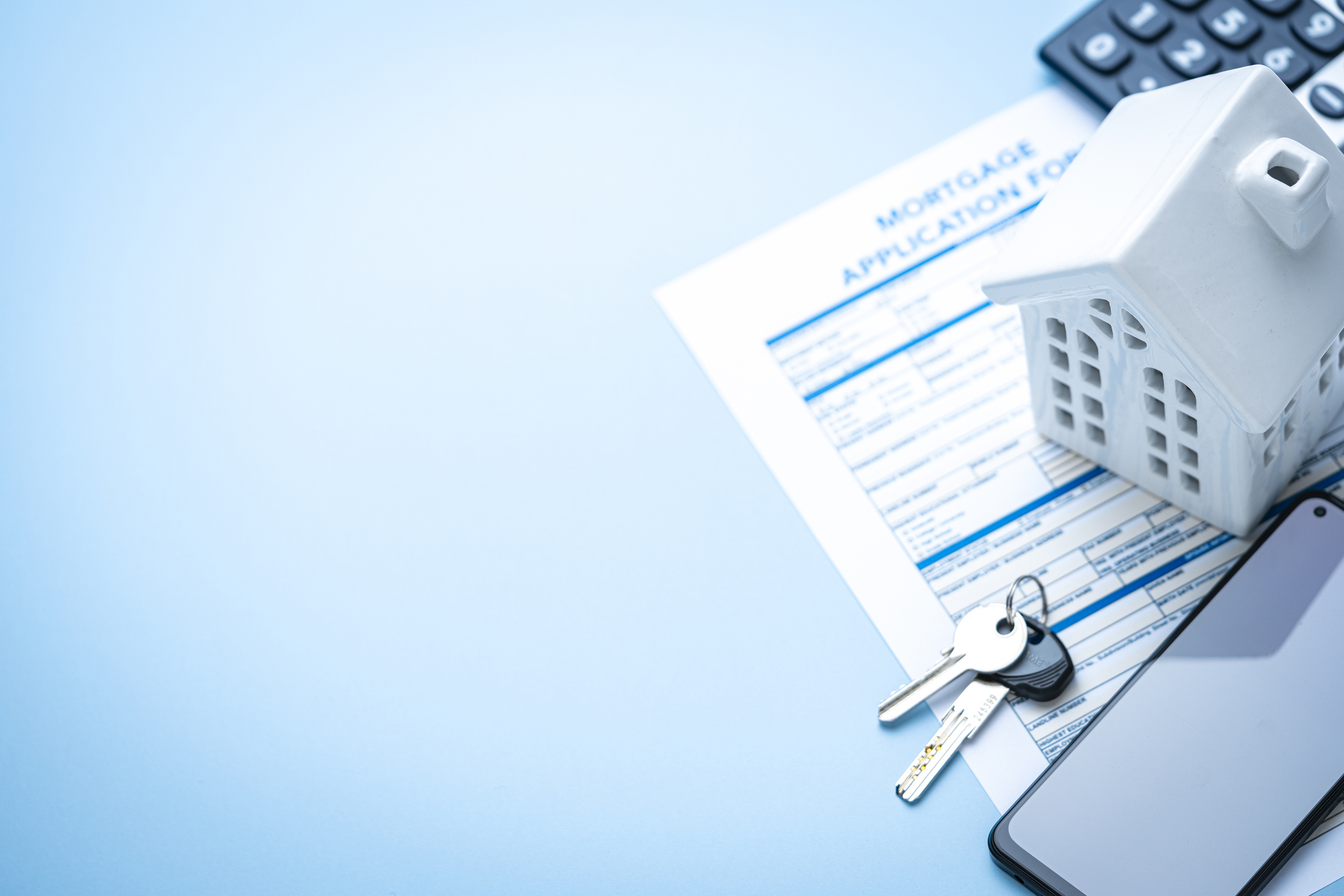Types of Mortgage Loans for Homebuyers: The Complete Guide

There are many different types of mortgage loans available for homebuyers. It can be confusing to know which one is right for you. In this blog post, we will discuss the five most common types of mortgages available to homebuyers. By the end of this article, you will have a better understanding of which mortgage loan is right for you!
Conventional Loan
Conventional loans are the most popular type of mortgage available today. A conventional loan is a mortgage that is not insured or guaranteed by the federal government. These loans follow guidelines set by Fannie Mae and Freddie Mac, two government-sponsored enterprises (GSEs) that buy and securitize mortgages. The main benefit of a conventional loan is that they typically offer better terms than government-insured loans, such as FHA loans. For example, conventional loans often have lower interest rates and down payment requirements. However, you will need to have good credit to qualify for a conventional loan. If you don't have good credit, you may still be able to get a conventional loan if you can show that you have the ability to repay the loan.
Jumbo Loan
Jumbo loans are mortgages that exceed the lending limits set by government-sponsored enterprises Fannie Mae and Freddie Mac. Jumbo loans are available in both fixed-rate and adjustable-rate mortgage (ARM) formats. If you're considering a jumbo loan, you'll need to have a strong credit score, a low debt-to-income ratio, and a larger down payment than what's typically required for a conventional mortgage. Jumbo loans can be used to finance primary residences, secondary homes, or investment properties. Generally speaking, jumbo loans come with higher interest rates than conventional mortgages; this is because they represent a higher risk to lenders. However, if you have excellent credit and can make a large down payment, you may be able to secure a competitive rate on your jumbo loan. Talk to your lender about your options and compare offers before choosing a loan that's right for you.
Government-Insured Loan
A government-insured loan is a type of mortgage that is backed by the federal government. This means that if you default on your loan, the government will pay off the lender. The most common type of government-insured loan is the Federal Housing Administration (FHA) loan. FHA loans are available to both first-time homebuyers and existing homeowners who are looking to refinance. Other types of government-insured loans include Veterans Affairs (VA) loans and United States Department of Agriculture (USDA) loans. Government-insured loans are typically more expensive than conventional loans, but they can be a good option for borrowers with poor credit or who are otherwise unable to qualify for a conventional loan.
Fixed-Rate Mortgage
A fixed-rate mortgage is a loan in which the interest rate remains the same throughout the entire term of the loan. The main benefit of a fixed-rate mortgage is that it gives borrowers the certainty of knowing what their monthly payments will be for the duration of the loan. This can make budgeting easier and help to keep monthly expenses predictable. Additionally, fixed-rate mortgages are typically available with terms of 15 or 30 years, which can make them a good option for long-term financial planning. However, it is important to note that fixed-rate mortgages usually have higher interest rates than other types of loans, such as adjustable-rate mortgages. As a result, borrowers should carefully consider their needs before deciding whether a fixed-rate mortgage is right for them.
Adjustable-Rate Mortgage (ARM)
An adjustable-rate mortgage, or ARM, is a type of mortgage in which the interest rate may change periodically, usually in relation to an index, and payments may adjust accordingly. The interest rate is usually set at a fixed percentage for a specific period of time, after which it will adjust up or down, depending on the current market rates. For example, a common type of ARM is a 5/1 ARM, which has a fixed interest rate for the first five years and then adjusts annually for the remaining term of the loan. ARMs are often used as a way to get a lower interest rate than what is available on a fixed-rate mortgage, at least for the initial period of the loan. However, because the interest rate could increase in the future, there is some risk involved with this type of loan. Borrowers should be sure to understand all the terms and conditions before signing on for an adjustable-rate mortgage.



